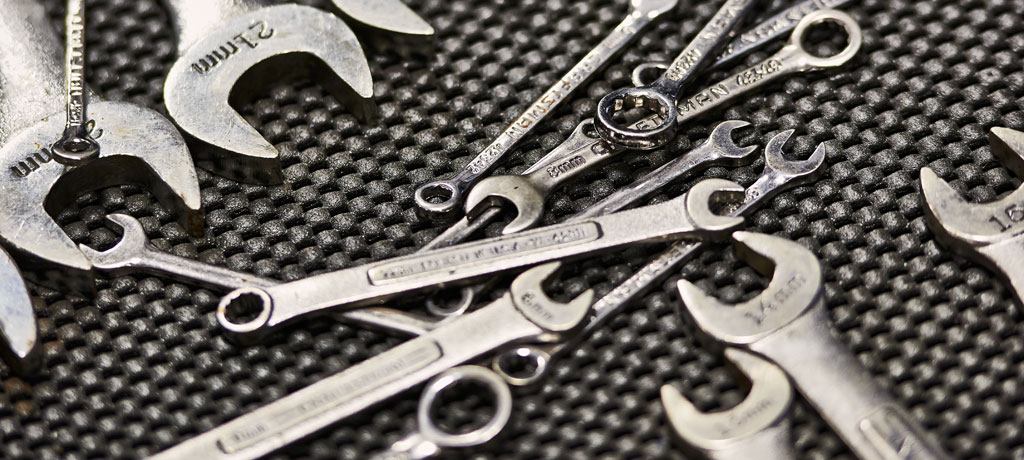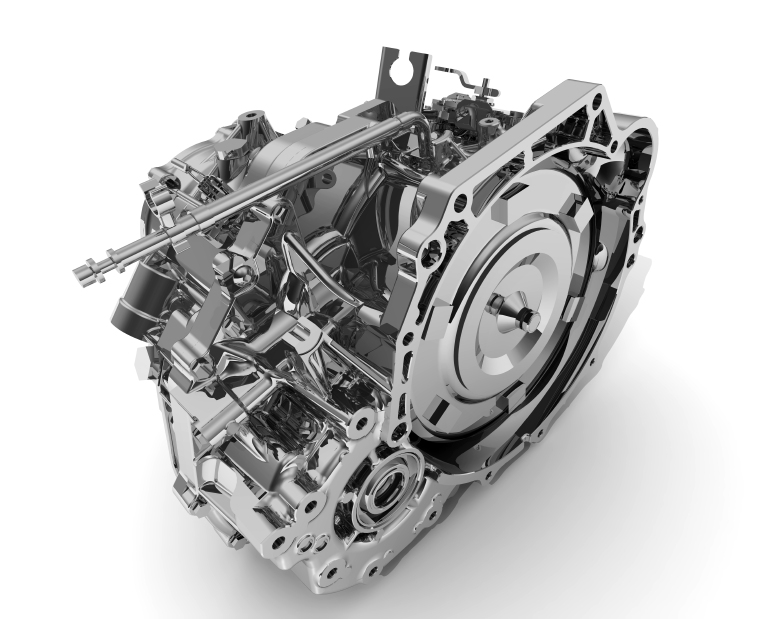You might choose to drive a hybrid car over a conventional gas-powered one for many reasons. It will help you save money on fuel and reduce your environmental footprint. But there is a lot of new information to learn and consider.
One item on that list is understanding what a hybrid battery lifespan is.
As with any car, a hybrid vehicle’s battery will eventually need to be replaced. However, hybrid batteries tend to be quite pricey compared to standard car batteries, so knowing how long a hybrid car battery lasts is extremely important for long-term planning.
The Hybrid Battery Lifespan
So, how long do the batteries in a hybrid car last? There’s not necessarily only one answer, because all hybrids work differently. You will need to look into the specific information for the type of hybrid you are considering for specific answers.
As a general rule of thumb, you can anticipate your hybrid battery will last for at least 100,000 miles and, in some cases, as many as 150,000. Most hybrid cars now carry an average of an 8-year or 100,000-mile transferable warranty on the battery.
Even though a hybrid car battery can last a long time, it’s worth taking a few simple steps to keep it in top shape. Some hybrid car owners have reported batteries lasting more than 200,000 miles and still responding like a new battery would. Extending your battery’s life is worth the extra effort to ensure you get the most bang for your hybrid buck.
Understanding How Hybrid Batteries Work
The battery in your hybrid vehicle is made of lithium. This is the same battery type as in your cellphone and laptop. Hybrid lithium batteries have a specific lifespan or a total number of charge and discharge cycles before they wear out. The more you drive and discharge the battery, the faster the battery will wear out.
When a battery is reaching the end of its life, it may not charge as quickly or as well as it has previously. When the charges are used up, a lithium battery will stop working or recharging.
The Cost to Replace a Hybrid Car Battery
Depending on the type of car and its age, you can expect to spend anywhere from $1,000 to $6,000 (or, in rare cases, more) for a replacement battery.
On average, you can anticipate your battery lasting about ten years. However, it is best to anticipate this cost at around five to seven years so the bill doesn’t surprise you. The good news is hybrid battery longevity is an evolving science with new advances every year. Even if you need to purchase a new battery, it will likely last much longer than your previous unit.
Be sure to understand your car’s warranties. As we discussed, the average lifespan of a hybrid car battery is about 100,000 miles. If you are experiencing problems before that, have your battery checked out by a certified technician.
4 Common Causes of Early Hybrid Battery Failure
Always watch the warning lights and monitoring systems in your vehicle. These are designed to help you recognize battery temperature problems, battery cell imbalances, and irregular charging patterns.
NEVER try to work on or troubleshoot your high-voltage hybrid battery. Not only is it extremely dangerous, but you can further damage the battery and void the battery’s warranty.
Common reasons your hybrid battery may be failing early include:
- Poor electrical connections
- Production or manufacturing flaws
- Damaged battery cells
- Prolonged exposure to extreme temperatures
7 Ways to Extend a Hybrid Battery’s Life
As you seek to maximize the lifespan of your hybrid battery, here are seven tips to keep in mind:
- Don’t let your car sit, un-driven, for long periods. When the car is in use, you generate kinetic energy, which powers the battery and extends its life. If you go months without driving the vehicle, don’t be surprised when the battery peters out early.
- When possible, coast to a stop. Coasting generates some of that kinetic energy, charging your battery as the vehicle comes to a stop. This requires a heightened awareness of other vehicles on the road but can be an excellent way to put extra juice into your battery.
- Avoid “jack rabbit” starts. As you stop at stop signs and intersections, use a light tap on the accelerator to get the car moving again—a good way to keep it in all-electric mode and give the gas engine a break, extending your battery life.
- Avoid fully draining or fully charging your battery. A good guideline is to never drain your battery below 20% and never charge it to over 80%.
- If your battery has less than a 20% battery charge, avoid driving it any further than you have to before recharging.
- Avoid short top-ups when your battery isn’t near the drain threshold of 20%, and use quick charging options sparingly.
- Follow your manufacturer’s maintenance schedule to keep your hybrid battery in top shape.
6 Ways to Know When a Hybrid Battery Is Failing
Here are more ways to tell if your hybrid battery is nearing the end of its life:
- Changes in fuel economy (suddenly using more gas than usual or having to recharge more frequently)
- Rapid battery discharges (does not hold a charge nearly as long as it used to)
- Sluggish battery switchover or kick in
- Odd electrical issues
- Sluggish engine performance
- Slow and/or rough gear-shifting
Get More Out of Your Hybrid
Make sure to honor your manufacturer maintenance schedules. And, if you ever have concerns about your hybrid battery, you can always take it to a qualified technician like the ones you’ll find at Meineke.
That’s the best way to affirm that you’re treating your battery right and getting the most mileage possible from your hybrid vehicle.
Visit Meineke to Get Your Hybrid Car Inspected
Visit the expert mechanics at your nearest Meineke location for hybrid battery service and vehicle inspection, maintenance, and repair!






